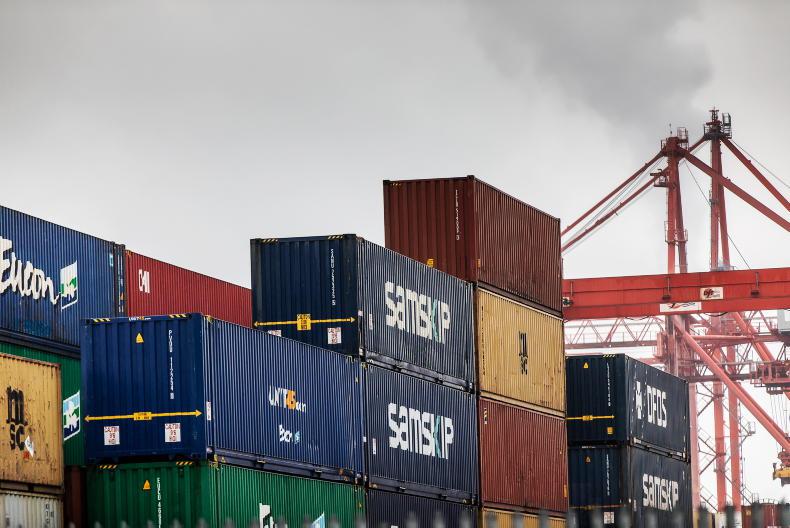It has been strongly speculated over the weekend, that the UK Government will move to trigger Article 16 of the Northern Ireland protocol in the coming days.
This means that the UK would be unilaterally deciding that the parts of the protocol it decides to suspend are causing serious disruption of trade. If Article 16 is invoked, it will lead to intense negotiations in an attempt to resolve the issues in question.
That means, in practical terms, nothing changes immediately for farmers either side of the border on the island of Ireland.
The big issue with the UK taking this action is at a wider political level, and the EU would contend that it has proposed measures that would address the practical difficulties associated with the protocol.
At a political level, relations between the EU and UK are poor and it is expected that the EU would react poorly to any UK decision to trigger Article 16. The options it has are limited for immediate effect, though legal proceedings could be initiated, but these are slow and when used before have been withdrawn.
Nuclear option
If relations completely break down, the EU has the option of either suspending the Trade and Cooperation (TCA) agreement with nine months’ notice or even withdrawing from it with a year’s notice.
This is when the nightmare scenario for Irish farmers would arise – it would mean full tariffs on Irish agri food exports to Britain, which would amount to in excess of €1bn, and similarly full tariffs on cross border trade on the island of Ireland.
Likely outcome
The most likely outcome of the UK triggering Article 16 is the EU putting in place a roadmap that ultimately could lead to the tearing up of the agreement and what was previously referred to as a no-deal Brexit taking effect.
The is likely to be a period of intense negotiation, not dissimilar to what happened in 2019 and 2020 when a no-deal Brexit was a real possibility, only to be averted by last minute deals.
There is a temptation to think this will happen again but it is a dangerous assumption. If the TCA between the EU and UK fails, then the cost of Irish exports to Britain will be prohibitive, especially against the backdrop of the UK's recent trade deals with New Zealand and Australia.
Unknown outcomes
The triggering of Article 16 in itself won’t be the issue for Irish farmers, it is the outcome of the subsequent negotiation that will determine what happens.
It will also be a period of great uncertainty and markets for agri food produce are like all other markets, they don’t perform well during times of uncertainty.
The use of Article 16 by the UK would be the start of a process with an unknown outcome.









SHARING OPTIONS